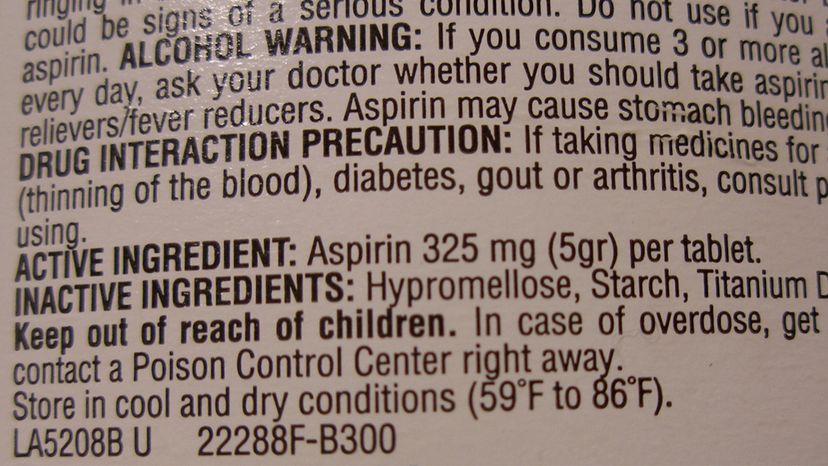
People turn to medications to help them feel better, but sometimes the inactive ingredients found in prescriptions can have just the opposite effect. A study published in the March 13 issue of the journal Science Translational Medicine revealed that the scope of people affected by inactive ingredients has long been underestimated. So, while you might assume that only the "active" ingredients in a prescription are going to have any impact, the inactive components (which often make up more than half of each dose), actually can affect you as well.
The inclusion of inactive ingredients isn't optional, however, as they perform pretty important functions. "Inactive ingredients are necessary in most medications, as they typically serve an important purpose in the formulation of the drug," explains Dr. Tara Thompson, pharmacist and vice president of clinical services with Innovation Compounding in Kennesaw, Georgia. Among those purposes, she says, they can help extend the life of the drug on the shelf, or make drugs more palatable. Inactive ingredients also necessary to simply hold the components of a tablet together, plus they're a critical part of many sustained and immediate release capsules.
Advertisement
"However, there are small populations of patients who are sensitive or allergic to some of those possible ingredients, or prefer they be left out," Thompson says, adding, "excipients [inactive ingredients] make up the majority of many medications. The actual active drug ingredients are just a small percentage of the total product, depending on the dosage form."
Advertisement
